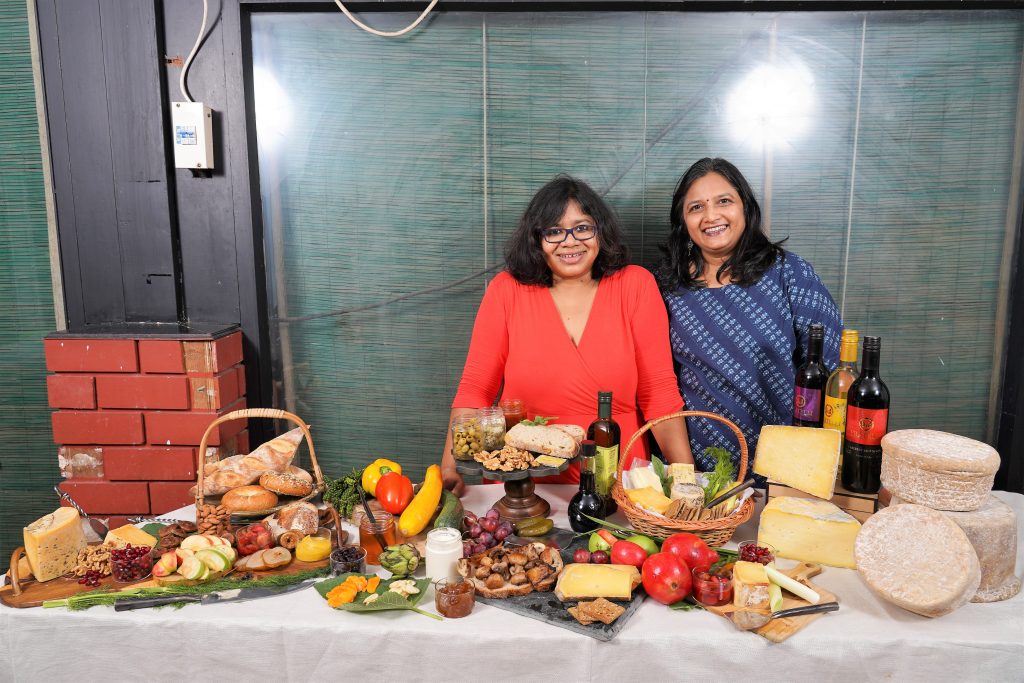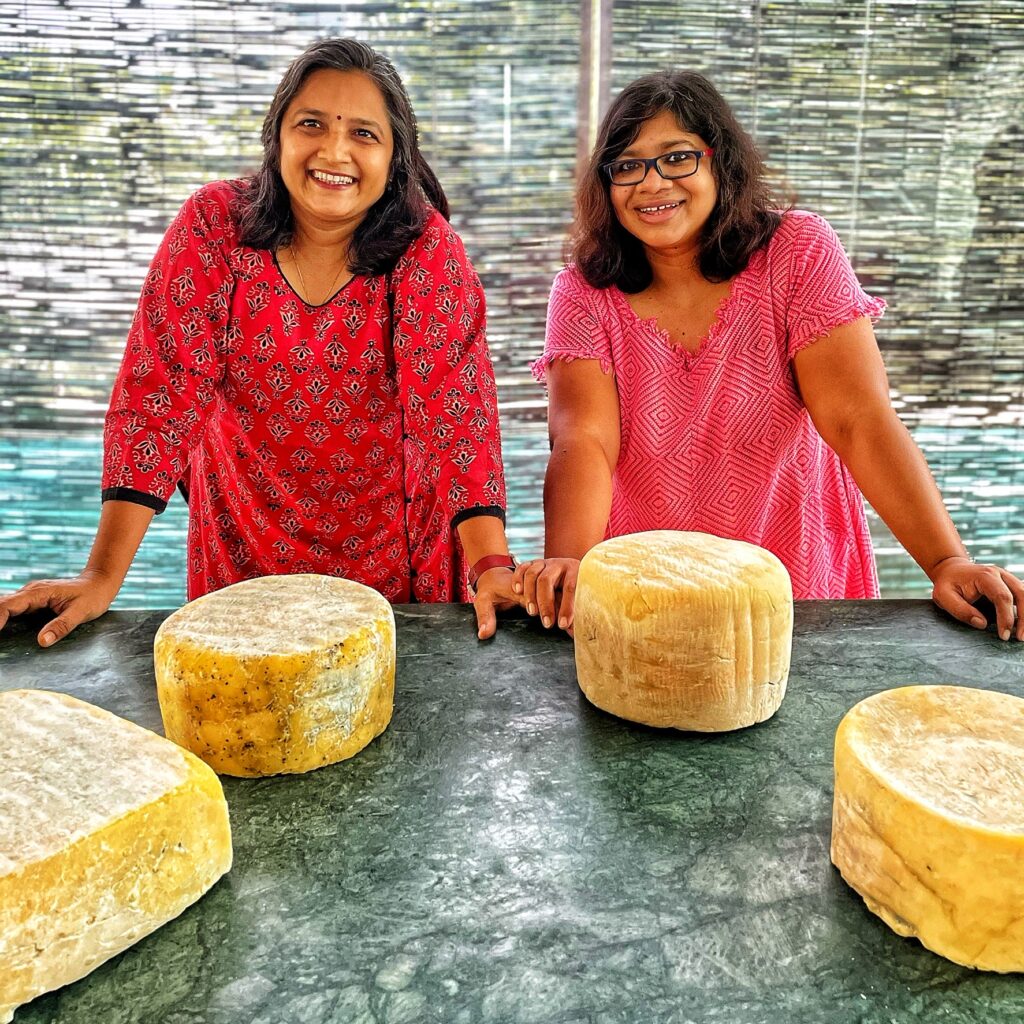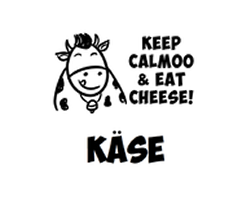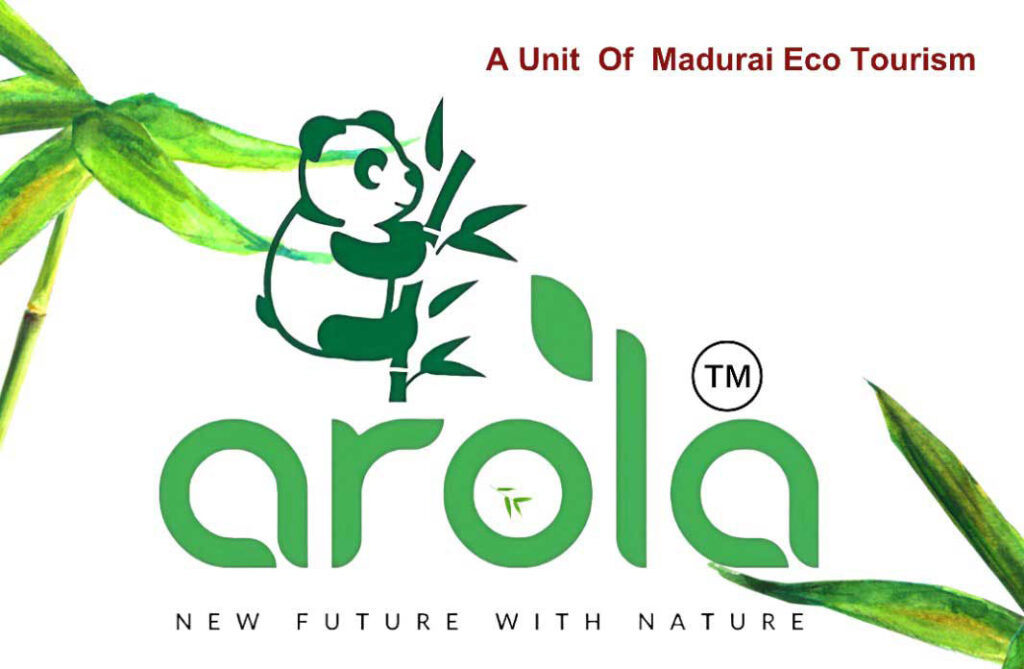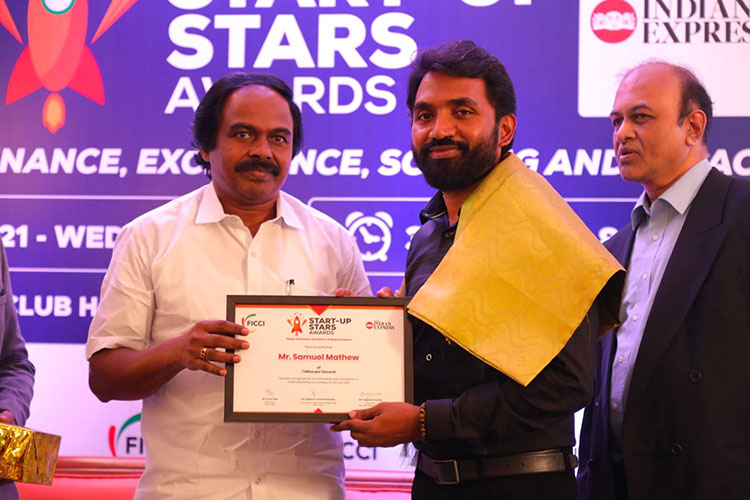Back in 2015, if you had asked international trade and investment consultant, Namrata Sundaresan, if she was going to transform her Coonoor vacation cheesemaking experience into a multi-crore business she would have burst out laughing before responding, “I have better things to do than to make cheese.” Nevertheless, being a foodie at heart and the quintessential host who is happiest when feeding her guests exotic dishes discovered in her travels, it did not come as much of a surprise that she eventually found herself in the food industry.
Without a business plan of any sort, Käse started as a short-term project inspired by Namrata’s recent travels, taking shape at her partner, Anuradha Krishnamoorthy’s CSR venture to teach young girls with disabilities the art of cheesemaking.
Based in Chennai, the land of perpetual summer, filter coffee and fresh buttermilk, the small-scale cheese business came with its fair share of scepticism and hurdles. Sourcing the right kind of milk for instance. “We very quickly realised that we couldn’t make cheese with Aavin milk and had to source milk from a local milkman,” she recalls with another trademark belly laugh.
The new-born cheese business began with employing the girls for one day of the week to produce and sell small batches to a known network. It wasn’t long before Karen Anand, India’s Gourmet Guru heard about the new cheesemakers in town and invited them over for a pop-up at Chennai. “Let me tell you, at this point, we didn’t even have a brand name, we don’t even know who told her about our cheese,” giggles Namrata. “We sat overnight and made a basic Word document to WordPress website. Someone suggested Käse because the first cheese we made was Quark, a German Yogurt Cheese – and it had a nice ring to it.”
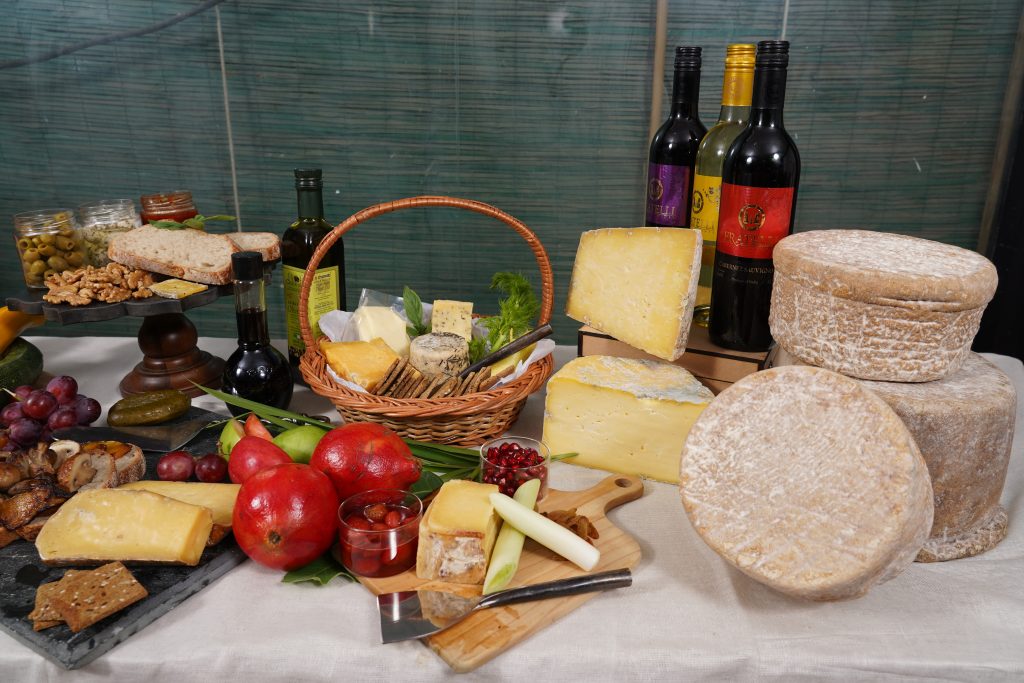
Very soon Käse got invited to other pop-ups. With the increase in customers, there was an increase in the number of batches being made. It was at one of these pop-ups that an unexpected rainfall left 70% of the fresh cheese unsold. That night, determined to find a way to do something with the cheese other than throwing it out, they spent the night on American Cheese Society forums (because Instagram wasn’t the most popular back then) sending out messages and looking for a way to save the cheese. This resulted in Käse’s first batch of aged cheese around April 2016. “We had a lot of fun at work that day with ingredients like mustard and ‘Molaga podi’ (seasoned chili flakes with origins in Tamil Nadu). There was a lot of innovation. I’m sure you’ve heard about our famous OTC (Ode to Chennai) which is a young mature cheese coated with Molaga Podi!” recalls Namrata.
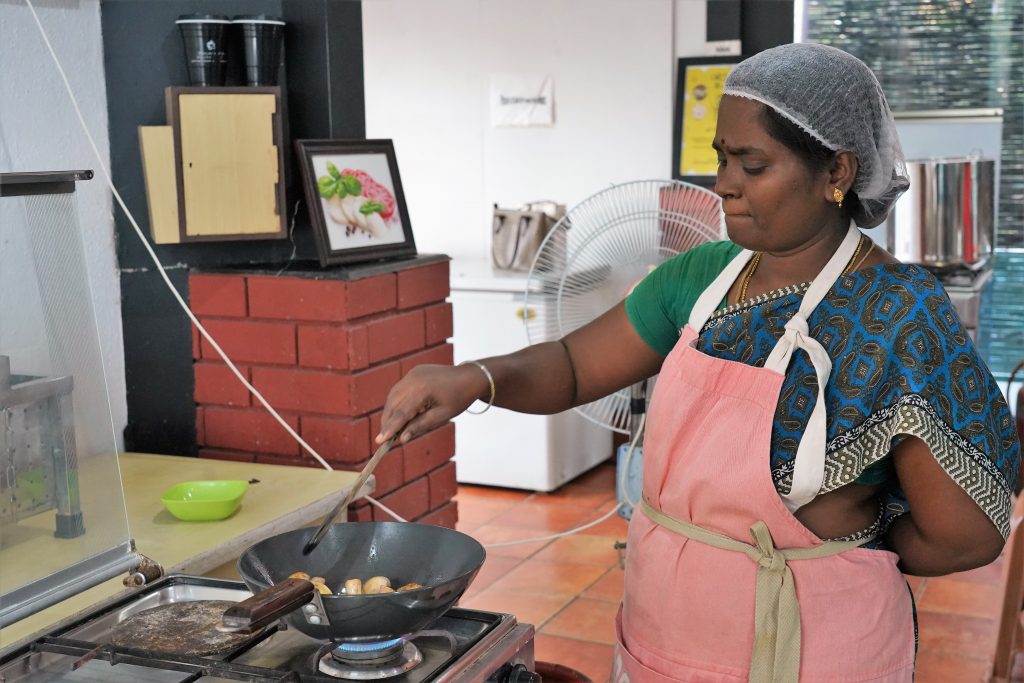
As the business scaled from needing 10 liters of milk a week to 1,500 liters a week (sometimes more), so did its social responsibility. Ethically sourcing the fresh milk was prioritised. More recently, Käse has partnered with organisations to work with dairy farming communities and enable them to set up their own cheesemaking units: Samunnati Foundation at the rural level and Centre for Pastoralism in the case of pastoral communities. Käse takes care of the quality control and eventually plans to take the cheese to the market. Additionally, Käse functions as a school of sorts where young, differently abled girls are not only trained hands-on in the art of cheesemaking by also in the nuances of running a small food business from accounting to inventory management, packaging and labelling.
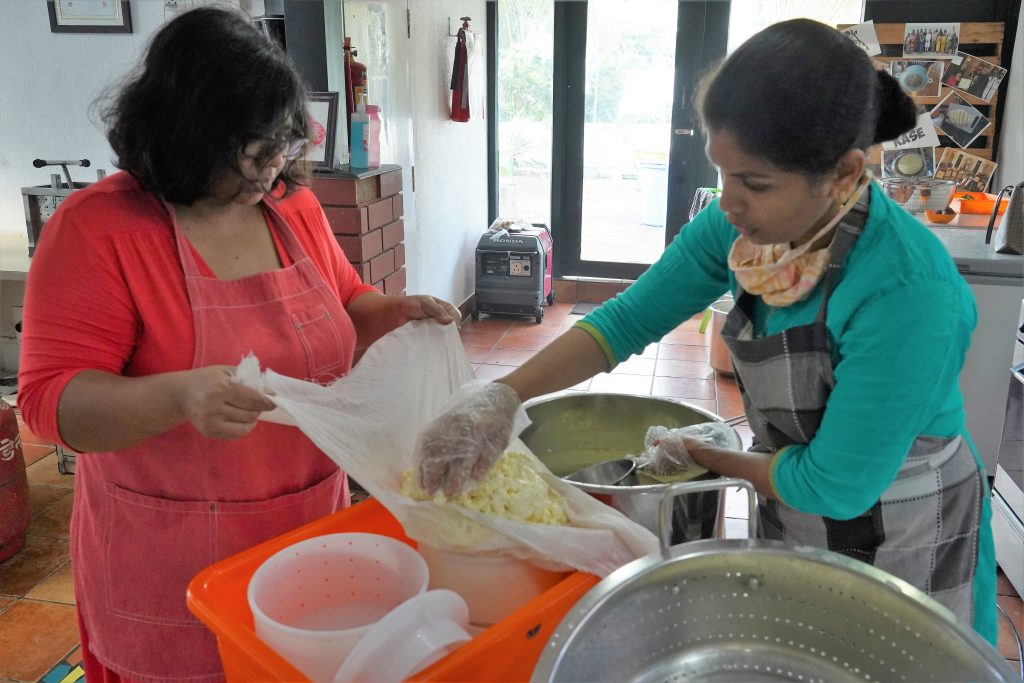
The year 2017 was all about marketing and pop-ups. “30% of what we make goes for sampling. The best way of marketing is to let people try the cheese. They come back for it when they see how good it is!” Every Saturday was an open house where people would come interact, try out cheese platters, cheese-based salads, and desserts. (With the epidemic these turned into virtual sessions that were later discontinued.)
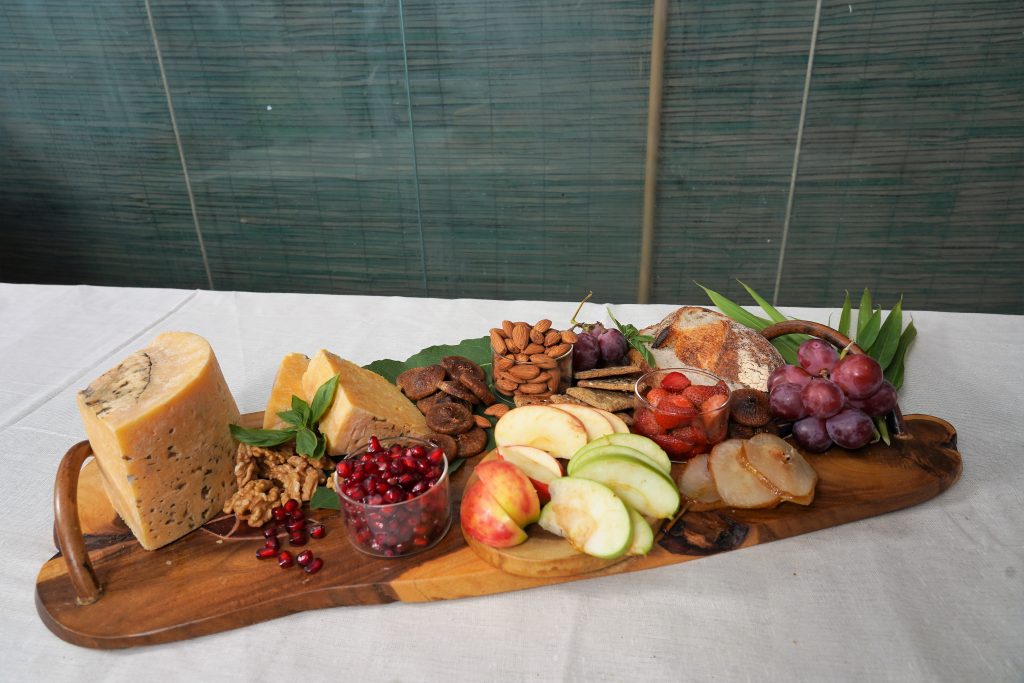
Namrata spent the following year learning. It was while trying her hand at Cheddar at a weeklong hands-on session at Westcombe and cheese mongering at a local fromagerie at the borough market, that she chanced upon David Asher’s book ‘The Art of Natural Cheesemaking.’ She immediately got in touch with him and eventually booked an Airbnb in Vermont in the middle of winter to attend his course at University of Vermont, as it was the only time he was at an accessible location.
Back at home Käse was being sold at the Old Madras Baking Company and Terra. “Sometimes I would go to deliver the cheese and interact with the customers. People would say, “Oh you have ‘Kasi!’, ‘Case!’, ‘Kaisei!’, they almost never called it ‘Käse.’ It’s a great icebreaker!” laughs Namarata.
“With fairly quick success and growth in Chennai retail, we thought Banglore would be easy.” However, juxtaposed to Chennai, the artisanal cheese brand was not given its due acknowledgement amidst Bangalore retail and customers. After a yearlong struggle in the new market, the epidemic brought with it a strategic exit. With the base back on home ground, an online store has now been established with delivery options to Jaipur, Jodhpur, Udaipur, Delhi, Bombay, Lucknow and Bangalore. Besides this, they have now partnered with small businesses that produce gourmet to clients based on subscriptions. The founders believe that collaboration is the key.
Käse is powered by passion for everything cheese. A self-proclaimed cheese romantic, Namrata has attended or at least read about every cheese related course in the world and now trains people to become cheesemongers in Chennai. “I think there is a lot of value in bootstrapping. Get down, get into that thing, get your hands dirty, figure it out for yourself and don’t get into any business thinking it’s going to be a profitable venture overnight.”
She’s also a born networker. “Don’t be afraid to ask questions, people may not have all the answers, but they will help you find them,” advises Namrata, with another one of those hearty laughs. And thus she rests (on) her Käse (pun intended).
